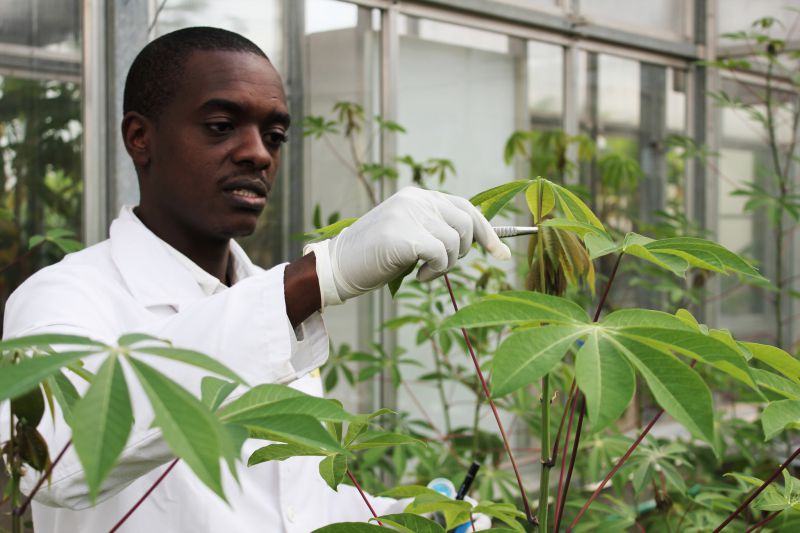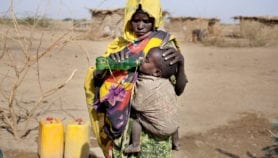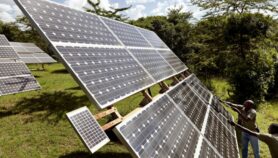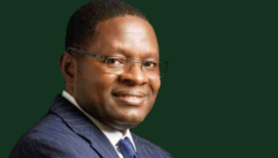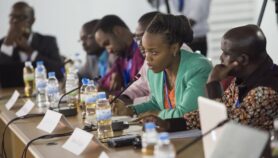By: Gilbert Nakweya
Send to a friend
The details you provide on this page will not be used to send unsolicited email, and will not be sold to a 3rd party. See privacy policy.
[NAIROBI] Policymakers and scientists in Kenya and Uganda have expressed the need for regional-specific measurements of greenhouse gas emissions to increase accuracy and certainty around climate change mitigation.
The call was made during a consultative workshop for policymakers from ministries of environment and natural resources in Kenya and Uganda with scientists from CGIAR’s research program on Climate Change, Agriculture and Food Security (CCAFS) and the International Livestock Research Institute (ILRI).
The workshop was held at the Kenya-headquartered ILRI early this month (2-3 May).
“The challenges to East African countries collecting their own data on GHG are low funding for research and inadequately trained personnel.”
David Pelster, ILRI, Kenya
Delegates also toured ILRI’s Mazingira laboratory that facilitates measurements of emissions from livestock, smallholder farms, forests and tea plantations.
East Africa is vulnerable to climate change because of its reliance on rain-fed agriculture, says Maren Radeny, CCAFS East Africa regional program leader. “Climate variability and change present new challenges to smallholder farmers, especially increased food insecurity,” Radeny adds.
Radeny calls for increased research and development for new crop varieties and soil and water management interventions to help address effects of climate change, noting that research and policy gaps in climate-smart agriculture should be addressed through integration of agriculture and climate change.
David Adegu, a researcher from the national climate change secretariat at Kenya’s Ministry of Environment and Natural Resources, says there is a need to strengthen climate change information management systems and enhance awareness of climate risk management and opportunities.
Adegu lauds the signing into law of the climate change bill by Kenya’s President Uhuru Kenyatta on 6 May, saying it will help develop, manage and implement activities to enhance climate change resilience and low carbon development in Kenya.
He urges East African governments to promote climate-smart agriculture and restore forests cover to a minimum of ten per cent.
David Pelster, a research scientist at ILRI, Kenya, adds that there are opportunities for improved production of animals on healthy grasslands in East Africa that can help reduce emissions.
“We need proper mitigation strategies to realise long-lasting solutions,” Pelster tells SciDev.Net. “The challenges to East African countries collecting their own data on GHG are low funding for research and inadequately trained personnel.”
Delegates at the workshop participated in in-depth discussions on GHG inventory activities, agricultural and land use emissions related factors and the social dimensions of mitigating emissions.
Researchers in Kenya and Uganda expressed concern that the current estimates used by the UN Intergovernmental Panel on Climate Change (IPCC) for emission factors such as methane could be inaccurate. For example, Pelster noted that the IPCC’s predicted GHG emissions can be about ten times higher than actual emissions.
Iain Wright, the deputy director-general of integrated sciences at ILRI, explains that interaction between research and policy is critical to addressing climate change.
Wright calls for increased engagements among scientists, smallholder farmers and policymakers to formulate policies that will help address the challenges of climate change.
This piece was produced by SciDev.Net’s Sub-Saharan Africa English desk.


